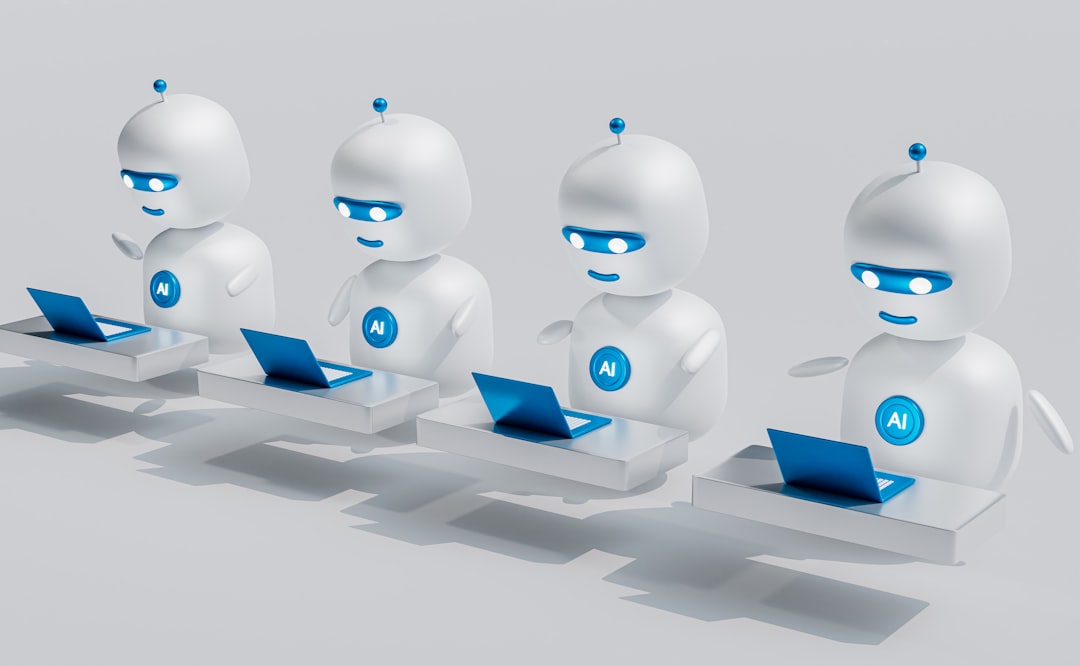In the digital age, marketing automation has become a cornerstone of successful marketing strategies. By automating repetitive tasks and streamlining processes, businesses can efficiently engage with their target audience and deliver personalized experiences. However, it is the integration of Artificial Intelligence (AI) that has truly revolutionized the marketing automation landscape, making it more efficient, effective, and capable of delivering exceptional results.
Marketing automation plays a vital role in digital marketing by allowing businesses to automate various marketing activities such as lead nurturing, email campaigns, and social media scheduling. It enables marketers to save time, increase productivity, and maintain consistent messaging across multiple channels. With its ability to handle complex workflows, marketing automation significantly enhances the overall efficiency of marketing teams.
The true power of marketing automation lies in its ability to leverage AI technologies. By incorporating AI into marketing automation, businesses can unlock new possibilities and achieve even greater results. AI has transformed marketing automation by enhancing customer segmentation, enabling personalized content delivery, and facilitating targeted ad campaigns.
Customer segmentation is an essential aspect of marketing, allowing businesses to divide their target audience into distinct groups based on demographics, behavior, or preferences. AI algorithms can analyze vast amounts of data to identify patterns and create meaningful segments. This level of granularity enables marketers to develop highly targeted campaigns that resonate with each segment, resulting in improved engagement and conversions.
Personalized content delivery is another area where AI has made a significant impact. By leveraging AI algorithms, marketers can analyze user data and create personalized content tailored to individual preferences. From personalized product recommendations to dynamic website experiences, AI-powered marketing automation enables businesses to deliver highly relevant content that drives customer engagement and loyalty.
Moreover, AI has revolutionized ad targeting by optimizing campaigns through machine learning algorithms. By analyzing user behavior, preferences, and historical data, AI-powered systems can serve ads to specific audiences at the right time and in the right context. This level of precision maximizes the impact of advertising efforts, resulting in higher conversion rates and improved return on investment (ROI).
Numerous companies have successfully leveraged AI in their marketing automation strategies to achieve remarkable results. Netflix, for example, utilizes AI algorithms to analyze user behavior and provide personalized recommendations, leading to increased user engagement and retention. Amazon employs AI-powered product recommendations to upsell and cross-sell products, resulting in higher conversion rates and improved customer satisfaction.
Another notable example is Coca-Cola, which implemented AI-powered chatbots to engage with customers and provide personalized assistance. These chatbots utilize natural language processing to understand customer queries and deliver relevant responses, enhancing customer experiences and reducing response times.
In conclusion, AI is revolutionizing marketing automation, empowering businesses to engage with customers more effectively. The integration of AI technologies has transformed marketing automation by enabling advanced customer segmentation, personalized content delivery, and targeted ad campaigns. Companies that have embraced AI in their marketing automation have witnessed increased conversions, improved ROI, and enhanced overall marketing strategies.
Looking ahead, the future of AI-powered marketing automation holds immense potential. As AI continues to evolve, we can expect further advancements in areas such as predictive analytics, sentiment analysis, and voice recognition. AI has the ability to transform marketing as we know it, enabling businesses to deliver highly personalized, data-driven experiences at scale. Embracing AI-powered marketing automation will become essential for businesses seeking to stay ahead in the ever-evolving digital landscape. The potential of AI to revolutionize marketing is limitless, and those who harness its power will undoubtedly thrive in the competitive world of marketing.
